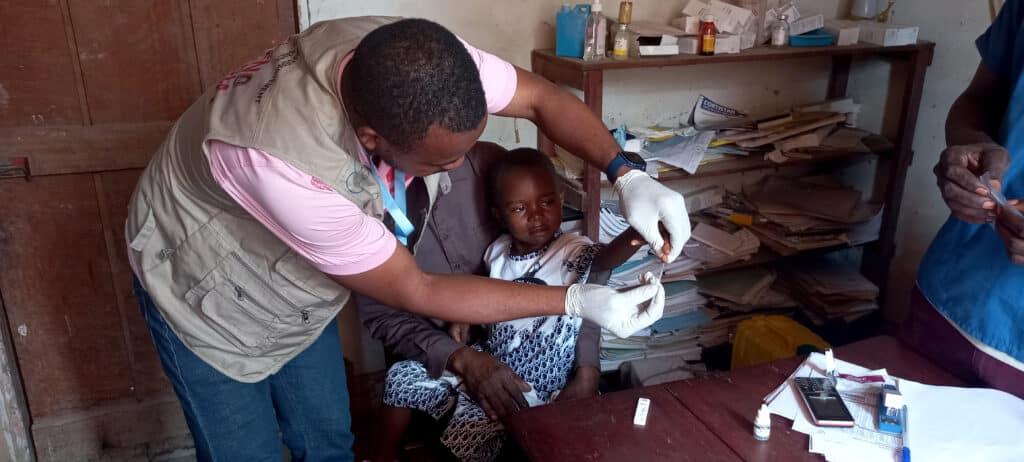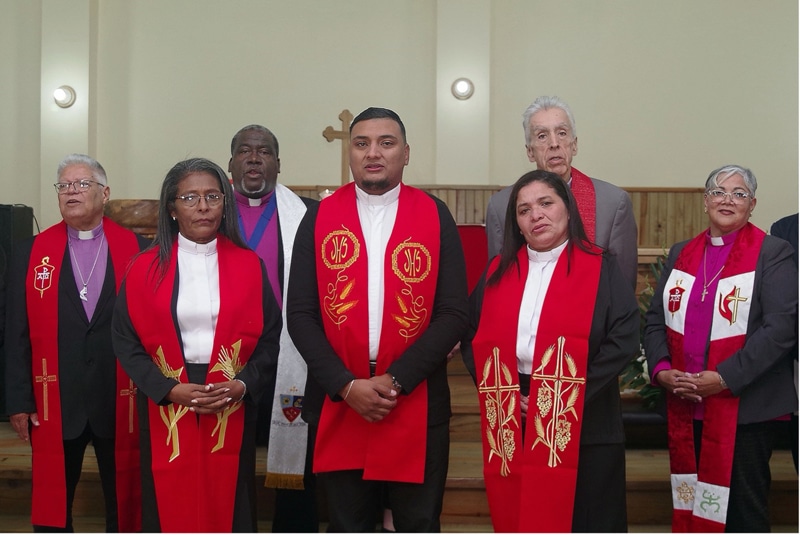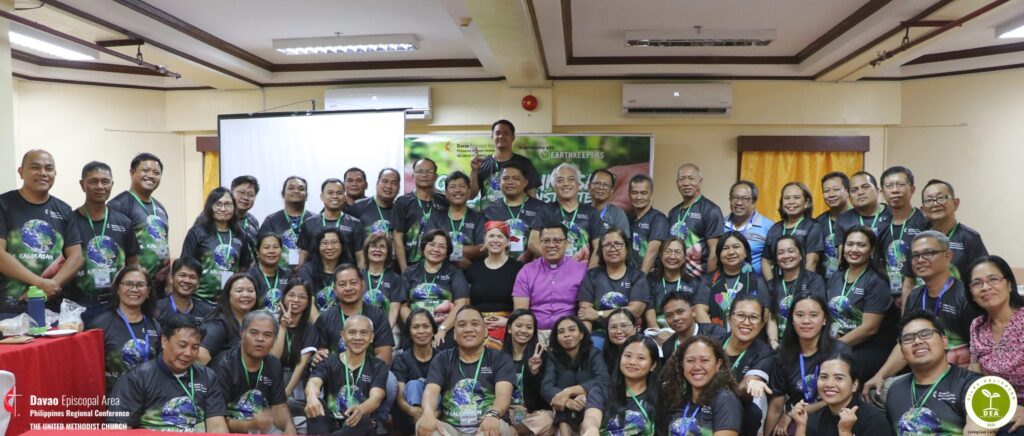Over a period of several months, from January to July, the United States announced and then abruptly shut down most of its approved 2025 $34 billion budget for the U.S. Agency for International Development (USAID). The swiftness and finality with which this loss of funding happened took many by surprise and deeply cut into 2025 local and regional budgets for services and programs already underway.
Programs for maternal, newborn and child health, HIV and AIDS, malaria, and hospital and clinic operations that receive U.S. federal funds struggle to survive. The fallout is still unfolding, with tens of thousands of skilled professionals losing jobs worldwide, and U.S. nonprofits hit with the difficult choice to lay off staff or go under.
Even though a little funding was later restored, such as a waiver to allow life-saving humanitarian assistance for limited operations, restrictions on so-called “nonessential costs” – training, travel, administrative support – the huge reductions leave organizations without the means to deliver the health services, supplies and medicines people so desperately need.
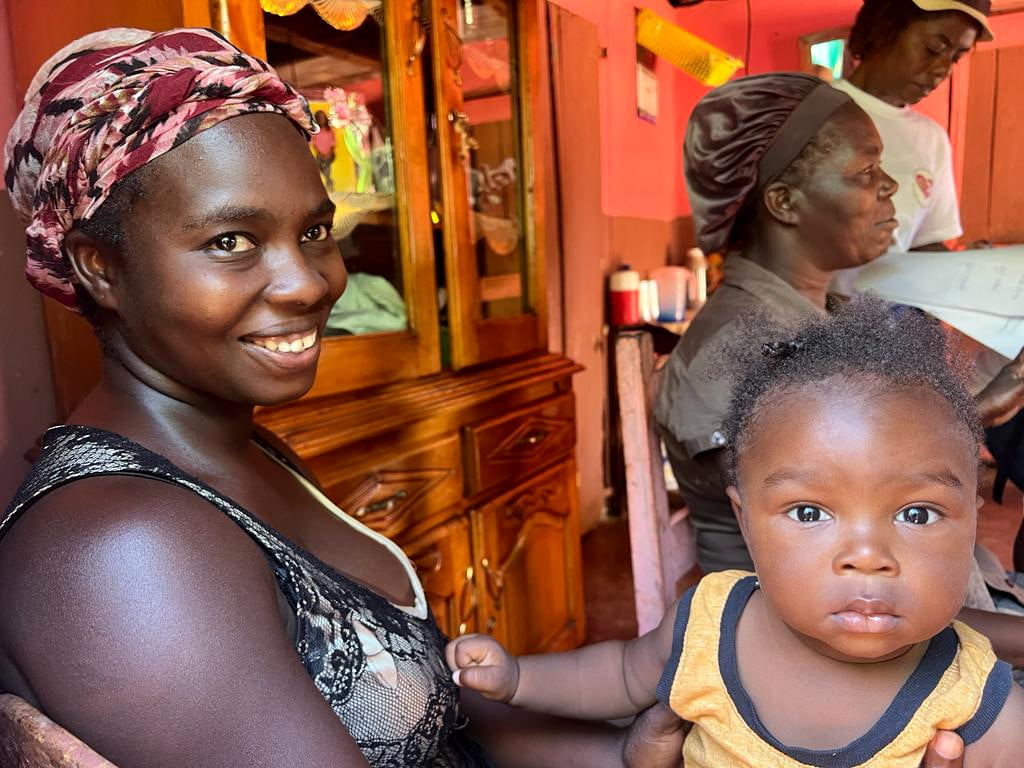
“The current U.S. administration’s policies have been cruel and oppressive toward the people who are most vulnerable,” noted Roland Fernandes, general secretary for Global Ministries and Higher Education and Ministry, “both here in this country and around the world. The estimated number of deaths caused by this exceeded 460,000 by the end of June 2025, including 317,000 children. By 2030, 14 million people, including 5 million children, are estimated to die from the gutting of the USAID program.” (Statistics from Lancet Journal, July 19, 2025)
In the wake of this sobering reality, Global Ministries has been analyzing its resources, global partners and available funding to try to fill some of the gaps, at least in the places where United Methodists have worked for decades – and in some cases, centuries – to meet the health needs of communities that depend on their services.
Targeted grants to sustain health services
From April to October 2025,Global Ministries has granted $3.9 million through Global Health programming, in addition to its regular annual grant cycle, impacting over a million beneficiaries. Twenty-three grants across multiple African countries extend funding for basic health services, focusing on programs for women, newborns and children, malaria, tuberculosis, nutrition, HIV and AIDS interventions, and essential medicines and medical supplies. Supporting these vulnerable communities is crucial.
Unfortunately, malaria is on the rise in southern Africa this year, with several countries – including Botswana, eSwatini (formerly Swaziland), Namibia and Zimbabwe – reporting new outbreaks, underscoring the ongoing challenges in eradicating the disease in Africa. (Africa Centres for Disease Control and Prevention)
A grant to Africa University (AU) allowed the malaria program to restart after it shut down because of lost USAID funding. Malaria remains a significant public health issue in rural Zimbabwe. AU’s ZENTO project is contributing significantly to malaria prevention and control by monitoring mosquito populations and insecticide resistance; training health care workers and researchers in malaria control techniques; and supplying critical data to support Zimbabwe’s National Malaria Control Program.
Two grants are supporting health care in the United States. In North Dakota, a church in Bismark is launching a new nonprofit called “Shine Bright and Live,” a ministry to build community among those who have lost their HIV and AIDS services due to funding cuts. They seek to provide services such as housing assistance, food sustainability, gas vouchers and bus passes for medical appointments, among others.
In Arizona, Chiricahua Health Foundation of Cochise County is a nonprofit that supports Chiricahua Health Centers, the largest provider of primary care in the county. Its mandate is to treat patients regardless of their ability to pay. Those arriving for care – without health insurance – have increased by 208% from 2019 to 2024. This year, federal funding cuts have affected basic operations and the Global Ministries’ grant will support some of the programs being affected.
A grant to the African Christians Health Association Platform (ACHAP) was approved at the October board meeting to support locally led efforts that ensure uninterrupted HIV and tuberculosis case finding, treatment and retention services for vulnerable populations affected by USAID funding cuts in six Sub-Saharan African countries.
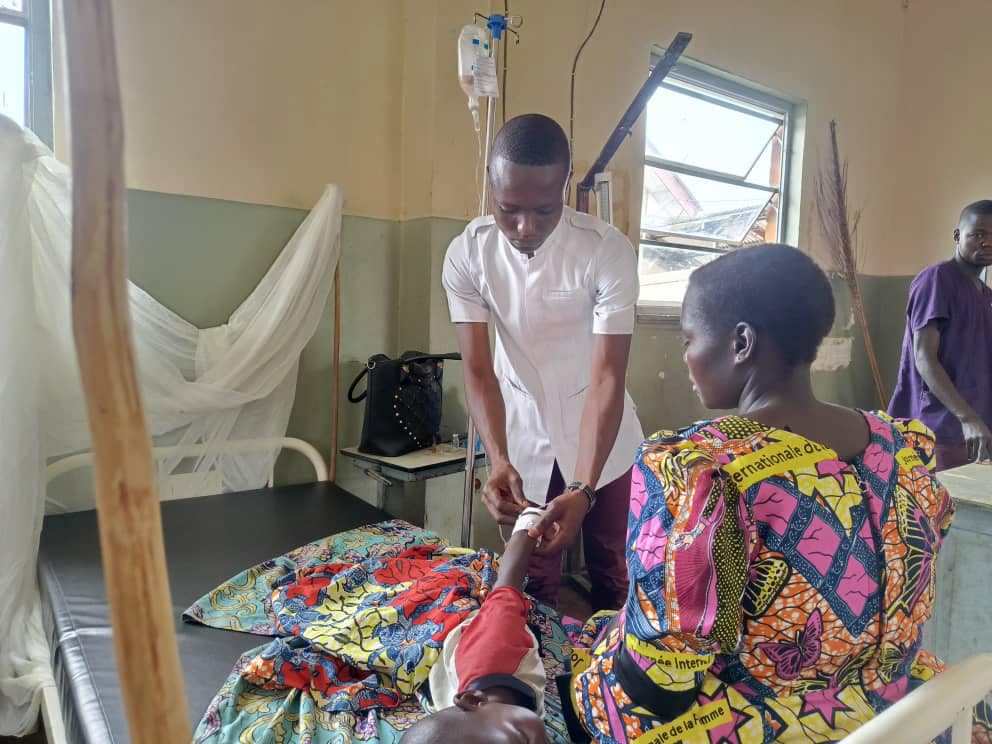
Ongoing work in 2026
Established partners supported by the Global Health unit have extended their existing work to include more health facilities and additional catchment areas in their communities.
Additional grants are being considered as more applications arrive from partners that have lost funding. At the October board meeting, Global Ministries set aside funds from its reserves to cover some of these gaps for partners whose programming would otherwise cease or stretch too thin for impact.
Through the current This Moment Matters campaign, individuals and congregations also have an opportunity to contribute to this effort. Health work can be supported by giving to Abundant Health.
This Moment Matters – give now to support health ministries around the world.
Christie R. House is a consultant writer and editor with Global Ministries and UMCOR.
